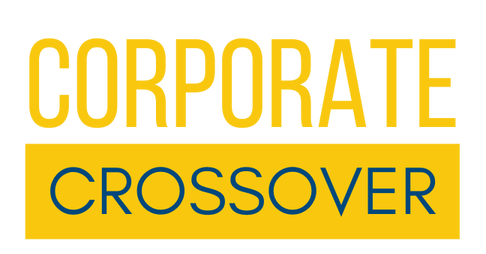Franchise vs. Independent Business: Which is Right for You?
Starting your own business is an exciting journey, but one of the biggest decisions you’ll face is whether to invest in a
franchise or start an
independent business. Both paths have advantages and challenges, so it’s essential to consider your goals, skills, and financial situation before making a choice. In this guide, we’ll break down the
advantages of franchising, compare it to
small business startup options, and help you determine which model is best for you.
Understanding Franchise Ownership
A
franchise is a business model in which an individual (franchisee) purchases the rights to operate a business using the branding, products, and systems of an established company (franchisor). This provides a structured framework for business success.
Advantages of Franchising:
- Proven Business Model – Franchises come with tested operational procedures, reducing the risk of failure.
- Brand Recognition – Franchisees benefit from existing brand awareness and customer trust.
- Training and Support – Most franchisors offer ongoing training, marketing support, and operational guidance.
- Easier Financing Options – Lenders are more likely to approve loans for well-established franchise brands.
- Marketing Assistance – National and regional marketing campaigns help drive customers to your business.
Challenges of Franchising:
- Initial Investment – Franchise fees and royalty payments can be costly.
- Limited Flexibility – Franchisees must follow corporate guidelines and restrictions.
- Ongoing Fees – Many franchisors charge ongoing royalties or marketing fees.
What is an Independent Business?
An
independent business is a company started from scratch by an entrepreneur. Unlike franchises, independent business owners have full control over branding, operations, and decision-making.
Advantages of Independent Businesses:
- Full Creative Control – Owners can develop their brand, set pricing, and operate with complete autonomy.
- No Royalty Fees – Unlike franchises, independent businesses don’t require ongoing payments to a franchisor.
- Flexible Growth Options – Business owners can pivot strategies based on market demand without corporate approval.
- Potential for Higher Profits – No franchise fees mean all earnings go directly to the business owner.
Challenges of Independent Businesses:
- Higher Risk of Failure – Without an established system, startups face more uncertainty.
- Limited Brand Recognition – Building brand awareness takes time and significant marketing efforts.
- No Built-in Support – Unlike franchises, independent business owners must establish all operations, training, and resources independently.
Which Option is Right for You?
Consider the following factors when deciding between a franchise or an independent business:
- Risk Tolerance – Franchises offer lower risk, while independent businesses have greater uncertainty but higher potential rewards.
- Financial Investment – If you’re comfortable paying franchise fees for built-in support, a franchise might be best.
- Entrepreneurial Freedom – If you prefer full control over your business decisions, an independent business is the way to go.
Take the First Step Toward Business Ownership
Both
franchises and
independent businesses offer unique benefits and challenges. If you want a structured business model with ongoing support,
franchising may be the right choice. If you prefer full creative control and flexibility, an
independent business might be your best path.
At
Corporate Crossover, we specialize in helping professionals make informed decisions about business ownership.
Contact us today for expert guidance in choosing the right business model for your goals!







